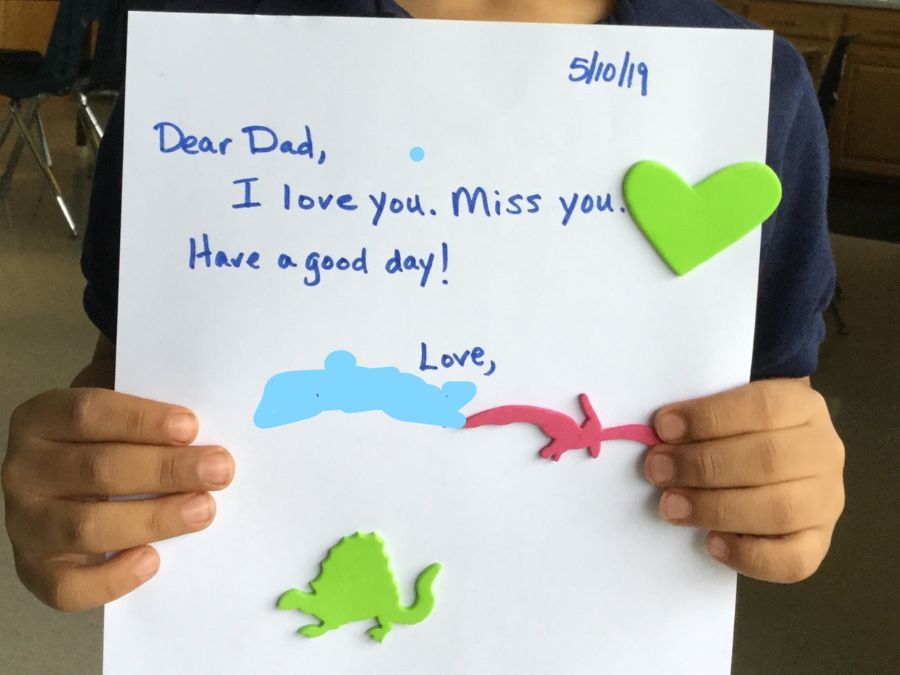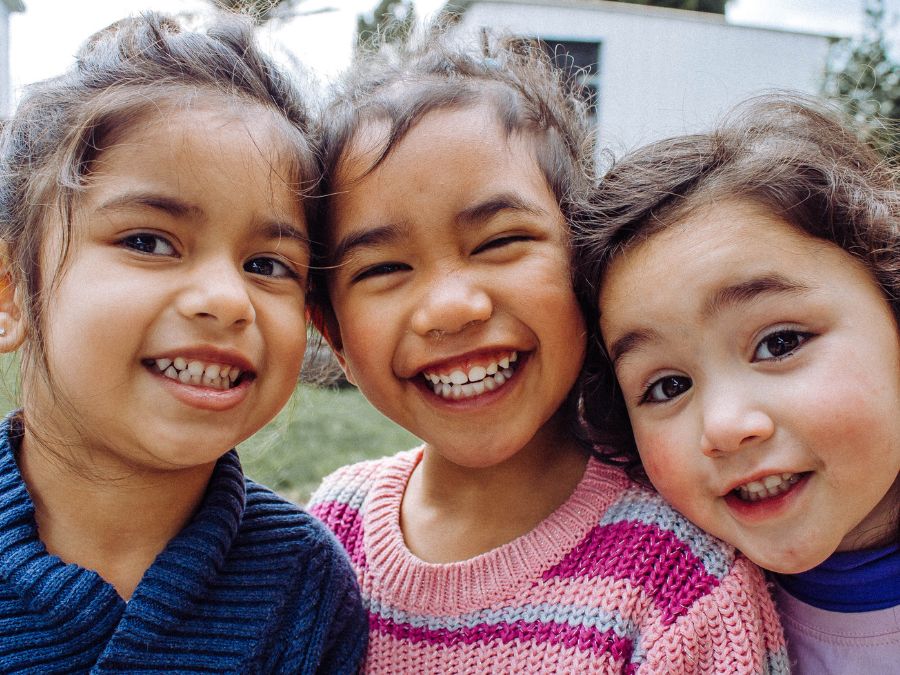
Families impacted by incarceration need positive childhood experiences
This new Four Building Blocks of HOPE resource was developed in partnership with and tailored specifically for caregivers who have experienced or are still experiencing incarceration. In recognition of the unique challenges faced by this community, this fact sheet offers practical strategies on how to access the Four Building Blocks of HOPE for families impacted by incarceration. From fostering relationships to creating nurturing environments, each Building Block is crafted to empower caregivers with the tools they need to promote positive childhood experiences (PCEs) and build resilience.
So many families across the United States are affected by mass incarceration. In 2020, nearly one out of every 100 people in the U.S., or 1% of the total U.S. population, were incarcerated. The United States leads across the globe in the most amount of people incarcerated and those labeled with an Adverse Childhood Experience (ACEs) from having a parent who is incarcerated. We need to find and support ways to promote healing and build resilience within these affected families.
Promotion of PCEs through the Four Building Blocks of HOPE
The Four Building Blocks of HOPE are broad categories of positive childhood experiences – relationship, environment, engagement, and emotional growth. Each Building Block has an unlimited number of ways that individuals can practice and connect with it, and it is up to each family and community to define what each Building Block means to them. Even in the face of ACEs, parents can still find spaces to provide PCEs for their children and ease the effects of ACEs. Resilience can be built over time, and PCEs help us find our strength through experiences of finding safety, feeling loved, and knowing that you matter. This resource shares how families affected by incarceration can provide these positive experiences and promote healing and resilience.
Relationships
- Be a supportive relationship! Write letters or draw pictures to mail to your loved ones. Create fill-in-the-blank questions to learn about their latest favorite things. Encourage them to mail their answers back to you.
- Call the children regularly, ideally at the same time each week. Have a simple set of open-ended questions to learn about their week, such as “What made you laugh today?”, “What was one thing you did today that you enjoyed?”, and “What was a highlight from your week? Any low lights to share with me?”.
Environment
- Ask the adults who are taking care of the children about safety issues in the home, including access to guns, medications, alcohol, and drugs. Make a plan to take care of any risks you hear about.
- Be curious about where the children go to play and hang out with friends. Help them identify what makes a safe or unsafe space. Do you know the parents of their friends? Reach out to the parent or trusted adult who will be at the location and ask them about the supervision that will be provided. Ask a trusted person to pop in during one of the playdates or visits to greet and meet everyone. Always have a safe person identified that your child could talk to if they feel unsafe or feel something happened that was upsetting.
Engagement
- See if the city has a group for children of incarcerated parents. Many nonprofits exist to help create a community for those who have shared experiences of having a parent in jail or prison.
- Encourage the older children, if they have younger siblings, to choose a service project and volunteer in the community together as siblings.
Emotional Growth
- Help the children to name their feelings as they talk about them and what they feel like.
- Remember that disagreements with friends are normal and show the children how to disagree respectfully and productively. Use “I feel…” statements. Provide a picture of different faces with different emotions that the child can point to. Remind them it is normal to have all these different feelings and that it is okay to share how you are feeling in a kind way.
- Share your own feelings about your return home and what they feel like in your body. Ask if the children want to talk about their own feelings about your return.
We would like to thank the Johnson County Department of Corrections in Kansas, and two of our HOPE facilitators, Kathleen Harnish McKune and Karen Dickson, for significant contributions to this handout.


